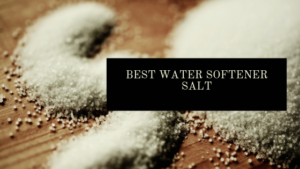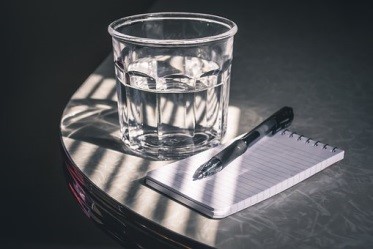Household Demands Determine the Right Size Water Softener!

Results of a recent survey show that around 85% of American households have to deal with some level of hard water, but only about 30% of them use a water softener to remove those hard minerals. Anyone living with hard water knows just how much work it is. Investing in the perfect water softening system will make life easier … starting with your chores!
What is hard water?
Hard water is water that has hard minerals, such as calcium and magnesium. Water can pick these up during the water cycle and it can happen with well water and even city water. The more calcium and magnesium that is dissolved in the water, the harder the water becomes. Softened water is water that has had these minerals removed.
How does hard water affect my household?
Hard water is not dangerous to consume, but it simply makes everyday activities a lot of extra work. Some of the most common issues include:
- Embarrassing stains in sinks and tubs
- Higher water and energy bills because water-using appliances have to work harder
- More cost in replacing clothing and linens ruined by hard water
- More money is spent on fixing or replacing pipes or appliances due to mineral buildup
- White spots on dishes or on fixtures
- Clothes and linens look and feel rough
- Skin has a residue
- Dry, flat hair
- Low water pressure due to clogged pipes
What size water softener do I need?
The size of your water softener depends on the size of your household and its demands. There are many products on the market and they come in various sizes and models. A little research before you invest can make the process all worthwhile. Before you buy, you’ll need to answer the following questions:
- What is my water hardness level?
- How much water does my family consume on a daily basis?
- What would be my calculation for my daily water softening requirement?
- How do I calculate my total grain capacity?
- Do I need salt? Do I need electricity?
If these questions seem overwhelming, that’s where we come in. Make your day-to-day activities easier to manage with the right water softener for your home! Talk to one of our technicians who can help you choose the right size, fit and model!


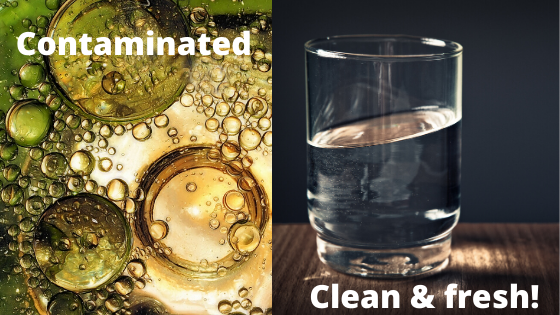
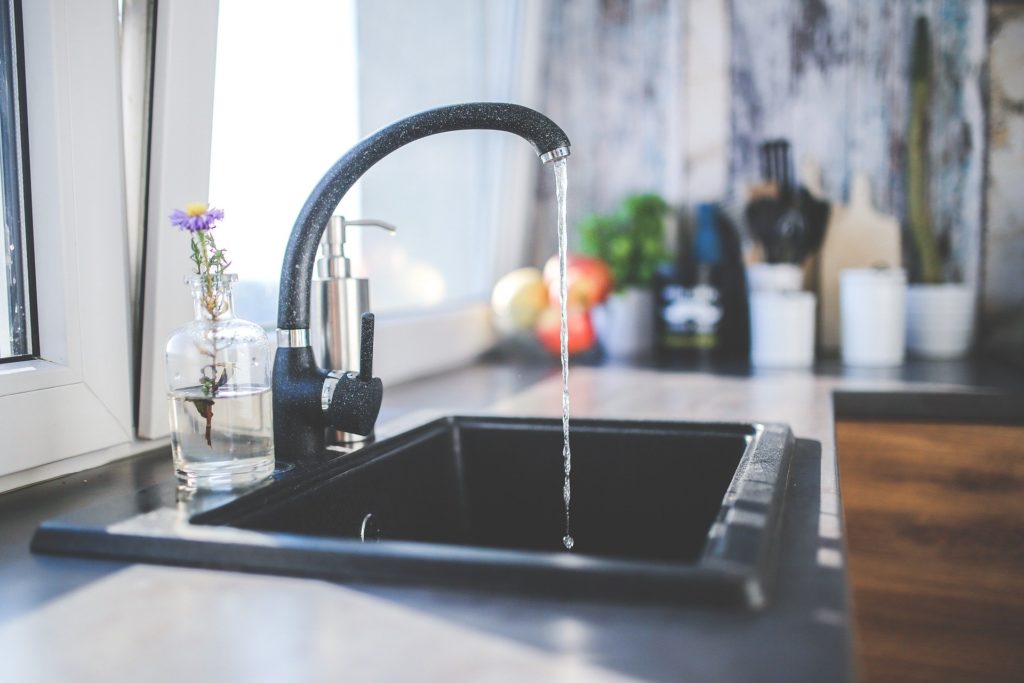


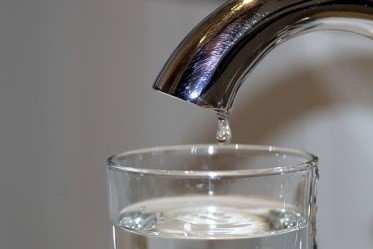 You’ve probably heard the old saying “you are what you eat.” It seems logical – eat fattening foods, you get fat. Eat healthy foods, you get healthy … simple enough. Here’s another saying that’s true … “you are what you drink.” Drink clean, safe water and you get or stay healthy. Drink contaminated water, and you get … well, contaminated!
You’ve probably heard the old saying “you are what you eat.” It seems logical – eat fattening foods, you get fat. Eat healthy foods, you get healthy … simple enough. Here’s another saying that’s true … “you are what you drink.” Drink clean, safe water and you get or stay healthy. Drink contaminated water, and you get … well, contaminated!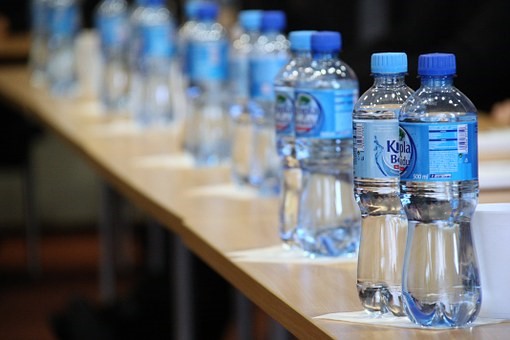
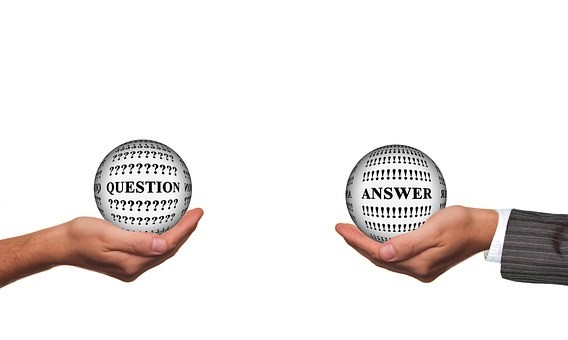 Who wants the truth, the whole truth, and nothing but the truth? We all do! Sometimes we get confused, however, when we read or hear of different opinions, “new” facts, and the latest trends. It happens all the time in the water treatment industry, and we’d like to clear up a few misconceptions. Here are some of the most
Who wants the truth, the whole truth, and nothing but the truth? We all do! Sometimes we get confused, however, when we read or hear of different opinions, “new” facts, and the latest trends. It happens all the time in the water treatment industry, and we’d like to clear up a few misconceptions. Here are some of the most 